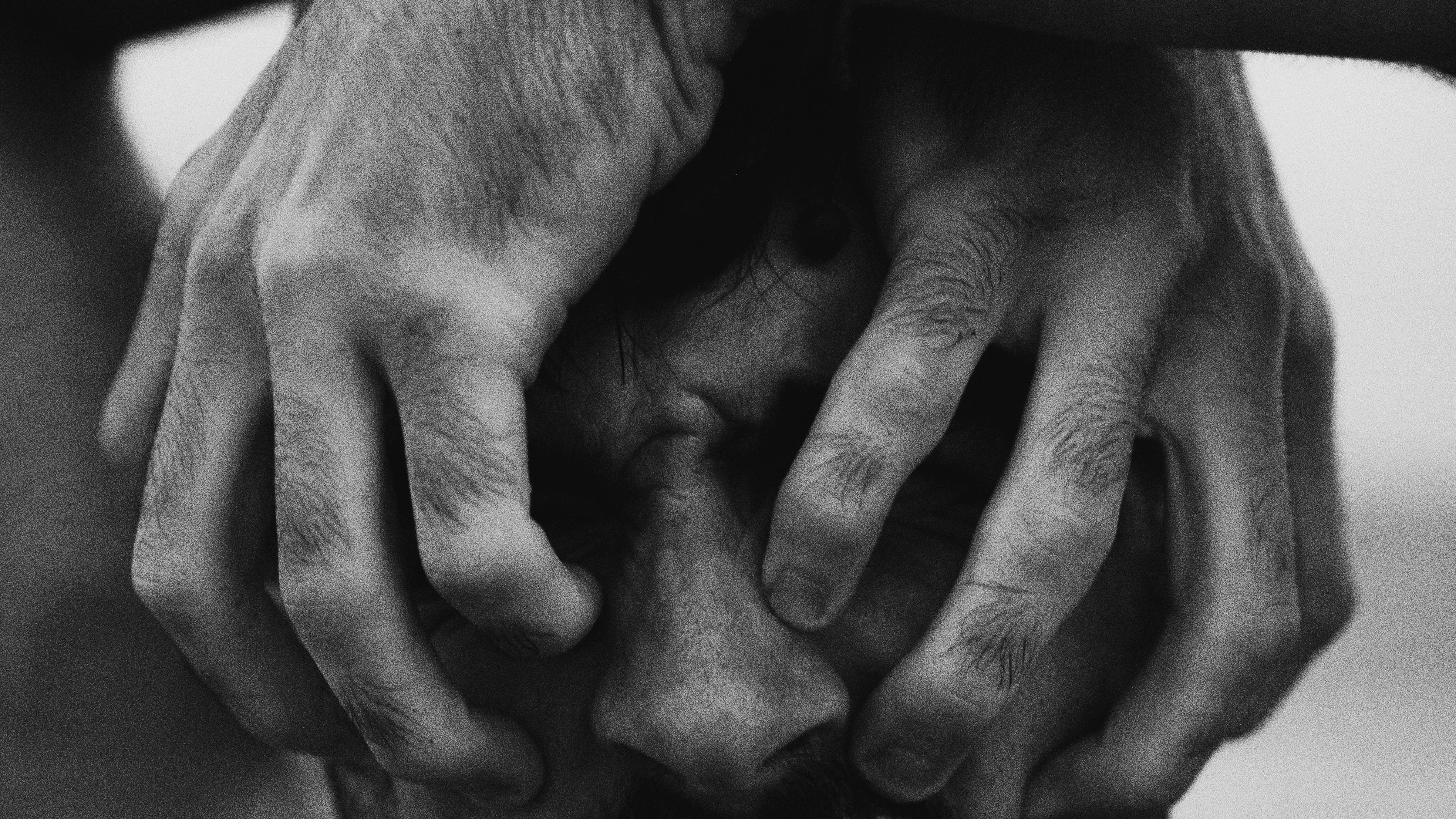
6 Things You Didn't Know About Nightmares
T&N TeamYou wake up in a cold sweat, clutching onto your sheets and wait, was that you screaming?
It all starts flooding back before you can stop it—the nightmare. You were being chased by something this time, but you couldn’t see it, stumbling through pitch black, legs pumping through an endless sea of black.
Your heart races in the dark of your bedroom and you reach for a light, anything to keep you company. Try as you might to shake it, the images stay with you throughout the day. You peek around corners before entering empty rooms, you walk through hallways a little faster.
While we don’t actually know for sure why we have nightmares, it’s important to know that experiencing occasional lost sleep due to bad dreams is normal. The definition of a nightmare can range from person to person, but generally, any dream that causes fear or terror in the dreamer is considered to be a nightmare. It’s very common to experience them when you’re younger and well into adulthood, but if you find that you’re losing sleep for long periods of time, it might be worth speaking with a doctor about options.
Weird Facts About Nightmares

- Late night snacks might be a bad idea.
Disrupted sleep might be a cause for all sorts of issues at night, from sleep paralysis to nightmares. Eating right before bed might be resulting in lower quality sleep, which could push you into a nightmare state. Stress, fear, and other extreme emotions can also cause nightmares, which often are heightened with worse sleep, creating an endless cycle.

- They might actually be good for you.
Recent studies have suggested that nightmares are the brain’s way of processing unexpressed anxiety, fear, and depression. Weaving unfounded fear or worry into a plot might be your mind’s way of dealing with the issue so that it no longer lingers, according to New York Magazine’s The Good Side of Bad Dreams.

- Nightmares are pretty universal.
Just like with normal dreams, it turns out nightmares have tons of common themes that people experience. Running from a monster or unknown predator, falling, dealing with the death of a loved one, or creepy-crawly things in your space are all fairly commonly reported nightmares in a study of nearly 10,000 dreams conducted in Montreal last year.

- Men and women don’t have the same nightmares.
Unsurprisingly, the Montreal dream study found that men and women don’t have the same nightmares. Women are much more likely to have nightmares that involve loved ones and relationship problems, whereas men have nightmares about natural disasters. Women also report more frequent nightmares than men do.

- Gamers are more likely to take control of their nightmares.
Often, when having a nightmare, if you are able to convince yourself that it’s just a dream, you can take control of the plot and escape. People who spend more time playing video games are much more likely to be able to control their nightmares and take the reigns during dreams. Submerging themselves in a fantasy world as a hobby translates over to their dreamscapes, it feels much more natural to start controlling the narrative there, too.

- You can scare yourself awake.
Most of our dreaming takes place in the same area of the brain that processes our visual stimulation, but researchers have found that our emotional response center, the amygdala, is also active during nightmares. The intensity in the emotions we may feel can elevate our heart rates and breathing enough to trigger your body to wake up and deal with whatever you might be facing. The next time you wake up frightened, even if you can’t remember the dream, it might be comforting to know that your body has the appropriate responses to external threats!



